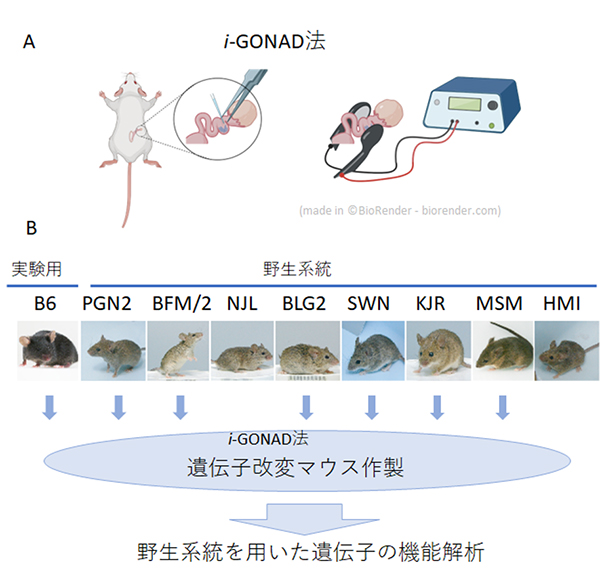2022-08-05 カリフォルニア大学サンディエゴ校(UCSD)
<関連情報>
- https://www.usnews.com/news/health-news/articles/2022-08-05/loneliness-can-be-a-real-heartbreaker-cardiac-experts-warn
- https://www.ahajournals.org/doi/10.1161/JAHA.122.026493
客観的および認知された社会的孤立が心臓血管および脳の健康に及ぼす影響:米国心臓協会からの科学的声明 Effects of Objective and Perceived Social Isolation on Cardiovascular and Brain Health: A Scientific Statement From the American Heart Association
Crystal W. Cené,Theresa M. Beckie,Mario Sims,Shakira F. Suglia,Brooke Aggarwal,Nathalie Moise,Monik C. Jiménez,Bamba Gaye,Louise D. McCullough and the American Heart Association Social Determinants of Health Committee of the Council on Epidemiology and Prevention and Council on Quality of Care and Outcomes Research; Prevention Science Committee of the Council on Epidemiology and Prevention and Council on Cardiovascular and Stroke Nursing; Council on Arteriosclerosis, Thrombosis and Vascular Biology; and Stroke Council
Journal of the American Heart Association Published:4 Aug 2022
DOI:https://doi.org/10.1161/JAHA.122.026493
Abstract
Background
Social isolation, the relative absence of or infrequency of contact with different types of social relationships, and loneliness (perceived isolation) are associated with adverse health outcomes.
Objective
To review observational and intervention research that examines the impact of social isolation and loneliness on cardiovascular and brain health and discuss proposed mechanisms for observed associations.
Methods
We conducted a systematic scoping review of available research. We searched 4 databases, PubMed, PsycInfo, Cumulative Index of Nursing and Allied Health, and Scopus.
Findings
Evidence is most consistent for a direct association between social isolation, loneliness, and coronary heart disease and stroke mortality. However, data on the association between social isolation and loneliness with heart failure, dementia, and cognitive impairment are sparse and less robust. Few studies have empirically tested mediating pathways between social isolation, loneliness, and cardiovascular and brain health outcomes using appropriate methods for explanatory analyses. Notably, the effect estimates are small, and there may be unmeasured confounders of the associations. Research in groups that may be at higher risk or more vulnerable to the effects of social isolation is limited. We did not find any intervention studies that sought to reduce the adverse impact of social isolation or loneliness on cardiovascular or brain health outcomes.
Conclusions
Social isolation and loneliness are common and appear to be independent risk factors for worse cardiovascular and brain health; however, consistency of the associations varies by outcome. There is a need to develop, implement, and test interventions to improve cardiovascular and brain health for individuals who are socially isolated or lonely.



